As Twitter ban enters 100 days, Buhari maintains noose on Nigerians’ freedom online
It’s been 100 days since the regime of President Muhammadu Buhari banned the operations of social media platform, Twitter, in Nigeria, suffocating citizens rights to freedom of expression.
In June, Mr Buhari announced the indefinite suspension of Twitter after the microblogging site deleted one of his tweets.
The tweet by Mr Buhari threatened genocide against the Igbo-dominated South-East and it was removed for violating Twitter’s rules prohibiting content that threatens or incites violence.
Buhari regime’s ban on Twitter brought immediate backlash from Nigerians and the international community, further damaging Nigeria’s democratic and rights credentials on a global scale.
Foreign governments like Canada and the United Kingdom spoke against the ban.
“Nigeria’s constitution provides for freedom of expression. The Government’s recent #Twitterban undermines Nigerians’ ability to exercise this fundamental freedom and sends a poor message to its citizens, investors and businesses,” the United States said in the aftermath of the ban.
Government agencies and those of its sympathisers have since stop tweeting in compliance with the ban. Even essential agencies like the National Centre for Disease Control, which has relied on Twitter for real time updates of COVID-19 information stopped sharing.
Banks, network and other essential services providers closed off their Twitter customer service channels. Broadcasting stations also complied with the ban in fear of retribution from the Buhari- led regime.
The ban also harmed Nigeria’s economic growth. A report in August said Nigeria lost over N150 billion due to Twitter ban.
Foreign investors are said to have moved their businesses and funding to other African countries for fear of government clampdown. Twitter itself had choosen Ghana for its regional headquarters over Nigeria, citing the neighbouring West African country’s stable democracy and favourable human rights records as its reasons.
For young Nigerian entrepreneurs, Twitter was not just a platform for holding the regime accountable, it was also a means to reach large market. The changed business environment markedly via Twitter engagement.
But now, start ups and small businesses have been affected as they have been forced cut their operations on the social media app. This is at a time where Nigeria’s unemployment rate is among the world’s highest, standing at 33 per cent.
“With about 32.5% unemployment rate, and with the youths who dominate the business activities on Twitter accounting for the larger percentage of that number, banning Twitter was akin to cutting off one’s head in order to spite one’s nose,” Ken Asogwa, Principal Partner, Forte Solicitors.
Twitter has been instrumental to the Nigeria’s social media revolution, especially during the #EndSARS protests in October 2020.
The platform amplified the #EndSARS hashtag, which gained traction and trended across multiple countries, and aided crowdfunding to sustain the protests with CEO Jack Dorsey personally sharing donation links.
But now, “The platform does not hold the level of viability it used to have,” Boye Adegoke, Senior Program Manager at Paradigm Initiative, tells how the ban has affected the social media platform in Nigeria.
Mr Adegoke recommends judicial pronouncements on the ban, as it sets a bad precedent for future incidents. “We are asking that the court not just overturn the ban but to interpret the law with respect to the right of freedom of expression,” Mr Adegoke said.
Mr Asogwa, tells that the Twitter ban “followed a pattern as the present government, from inception, has not hidden its intention to regulate social media, predicating most of its reasons on the spread of fake news.”
Though the Buhari-led regime made moves to negotiate with Twitter in June, having listed registration within the country as a requirement before the ban would be lifted, the administration has been quiet on whether it will be lifting the ban.
The Minister of Information, Lai Mohammed, could not be reached for comments at the time of filing this report.
A spokeswoman for Twitter said the social media giant could not immediately provide comments on Sunday afternoon.
[People’s gazette]
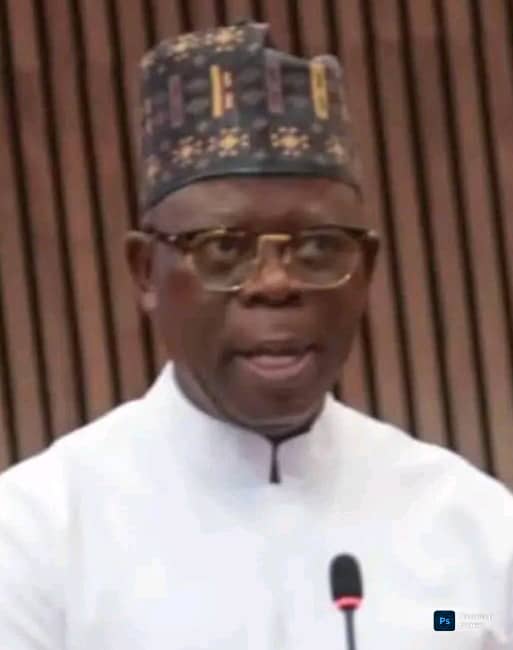
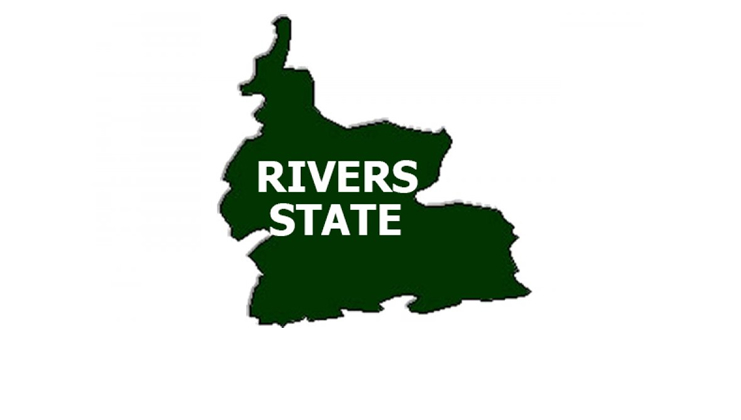
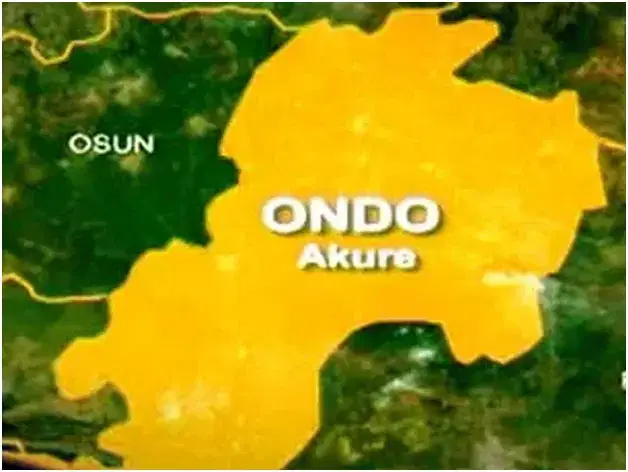
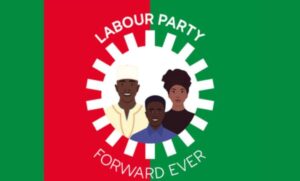


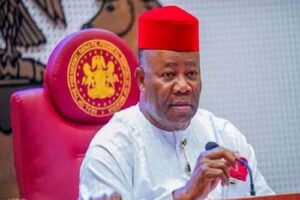

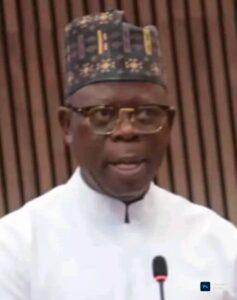




Post Comment